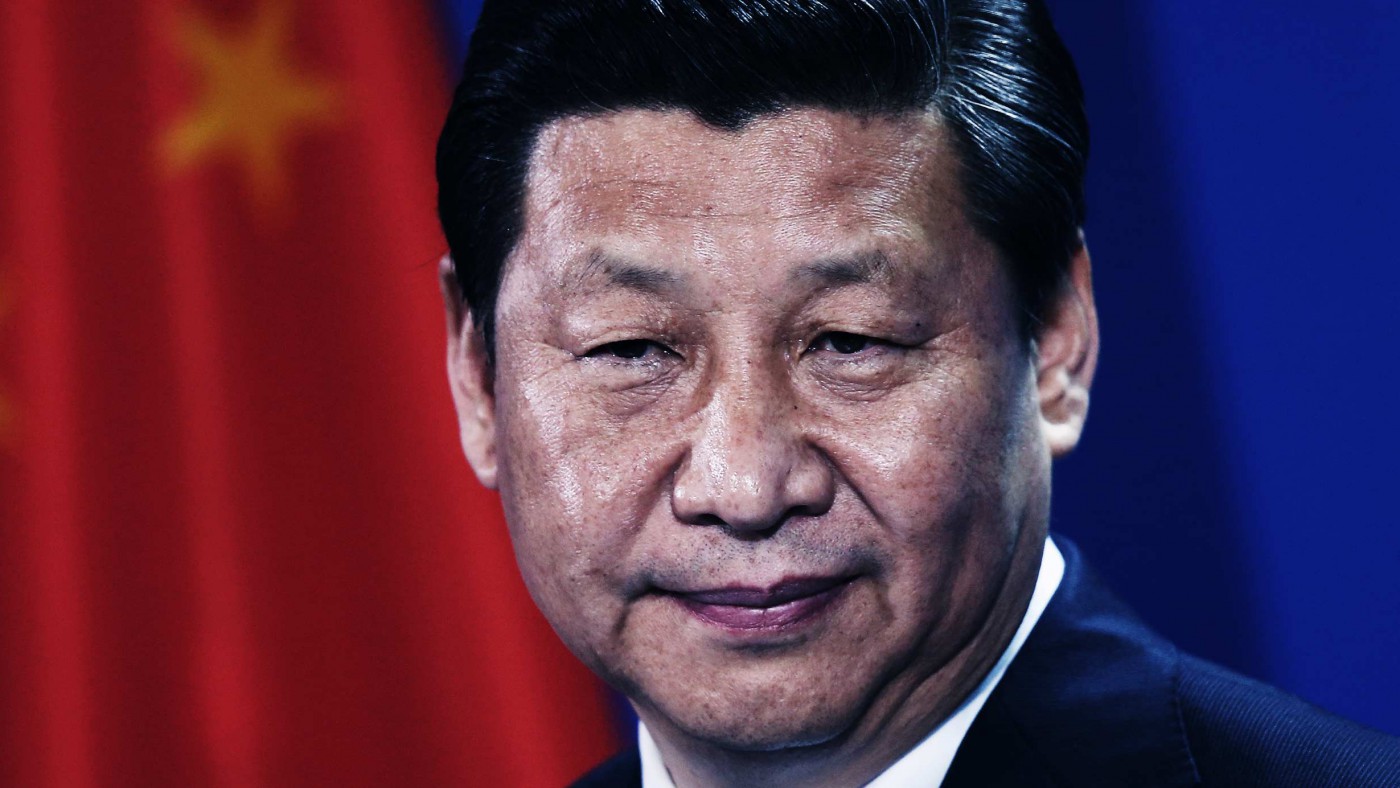Have Chinese communists turned over a new leaf of tolerance? The West hailed the Jinping government’s recent decision to authorise families to have two children instead of one as democratic progress. But this approval seems odd. Should we not decry any government that decides how many children families can have? Would we accept this sort of legislation in any other country? Of course not.
Only China enjoys this form of cultural exceptionalism, as if the Chinese weren’t like you and I, as if they were less concerned with their freedom and the right to decide the size of their families. This Western adoration of China is an ancient, profound sickness, and proof can be found in the incarceration of Liu Xiaobo, the Nobel Prize winner imprisoned for his democratic writings. Not a single renowned European or American intellectual has demanded his freedom, and the same goes for our governments.
There is nothing liberal about China’s new family policy. It has simply understood the mistake made by Deng Xiaoping, who imposed the one-child policy in 1979. The consequences of this system are being felt today, as aging parents are left without family support in a country with no pension system outside of the cities. In the past, children would share the responsibility of caring for their elderly parents. The second tragic consequence is that families only allowed one child have preferred to have boys, which has led to an enormous imbalance between the sexes. China currently “lacks” some 50 million women, which has made marriage impossible for the equivalent number of men. This disequilibrium has in turn led to aggressive competition between men and widespread prostitution.
Now let us review the economic reasons which may have led to the previous one-child policy and today’s two-child revision. The official soundbite claims that Deng Xiaoping was worried too many children would hold back China’s development. This reasoning is ridiculous, as development all over the world always spontaneously leads parents to voluntarily reduce the number of children they have, without any government intervention.
This trend was already in full swing in China in the 1970s, and is currently underway in India. Either Deng Xiaoping was a lousy economist, or his policy had a different, hidden objective: controlling the population, even in their bedrooms. Proof of this latter theory is that in light of the one-child policy the government created an enormous “family police” department, more feared and hated than all other forms of oppression developed by the Party. The officers of this branch of law enforcement kidnap pregnant women and force them to undergo abortions. Yet this new two-child policy has not led to the disbandment of the department which employs one million bureucrats, and police powers of intrusion and control have remained the same.
Xi Jinping is no more liberal than Deng Xiaoping in this respect. I am also bewildered by his supposed economic motives. He claims this new policy will boost sluggish economic growth, but why would parents adhere to this new rule? Sending one child to school is expensive enough in China, where both education and healthcare have to be paid for. The announcement that these second children will expand the workforce is also unconvincing. It would take 20 years, and in the meantime China still has huge labour reserves. Some 25% of the nation’s population are poor farmers willing to move to cities when they are given permission, but this is not the case; the “domestic visa” (Hukou) still exists, and makes migrants second-class citizens.
We in the West are therefore wrong to think the economy is the only thing driving the Communist Party of China. Its key concern is still social control, especially in times of economic slowdown. Just look at the near-absolute control of the Internet in China. Most Chinese citizens are not able to access foreign websites. The number of civil rights lawyers being arrested is currently spiking, and there will soon be none left to fight in court. The Maoist system of denunciation has also just been reintroduced, and all good citizens are asked to call 12339 if they suspect someone of being a spy. Those suspected of espionage include “rich people whose activities are unclear, those who make subversive remarks or criticise the Party, missionaries, journalists working for foreign media companies and NGO employees”.
Let us try to analyse Xi Jinping’s regime. He knows he cannot reverse the economic slowdown, as it is caused by the Deng Xiaoping’s model, exploitation of a cheap workforce and a lack of innovation. Xi Jinping is scared of both popular and Party uprisings, and so is eliminating his rivals while claiming to fight corruption, reinforcing the government’s control over its society and information, and fanning the flames of aggressive, nationalistic attitudes towards Japan and the United States by expanding the Chinese maritime boundaries. Blind adoration of China has paralysed the West, which has always been far too ready to appease Chinese leaders instead of questioning their worrying ambitions.


